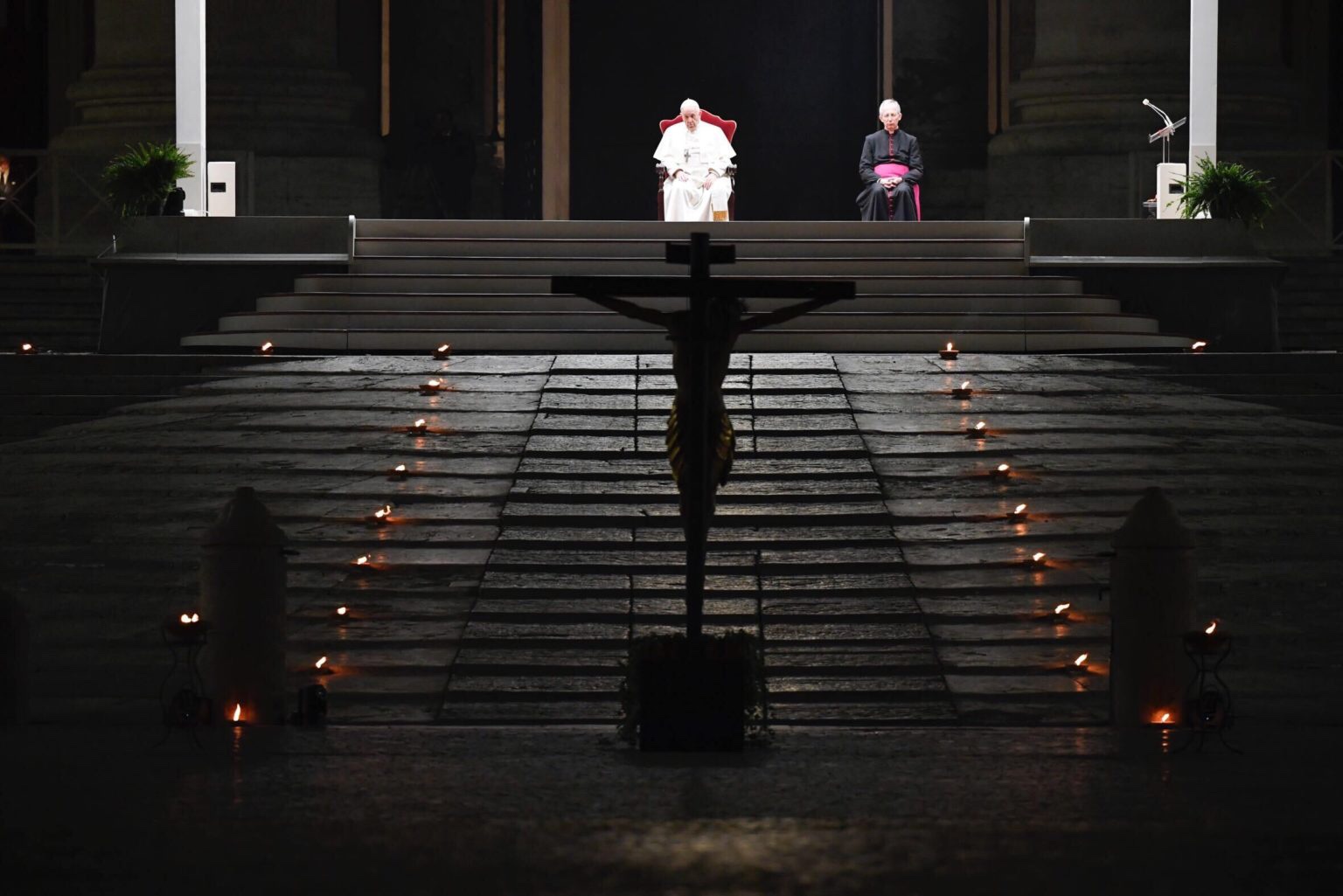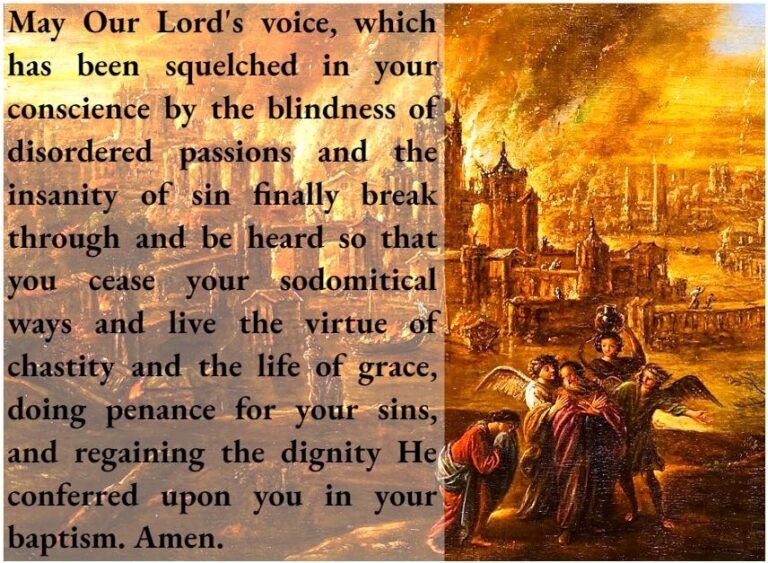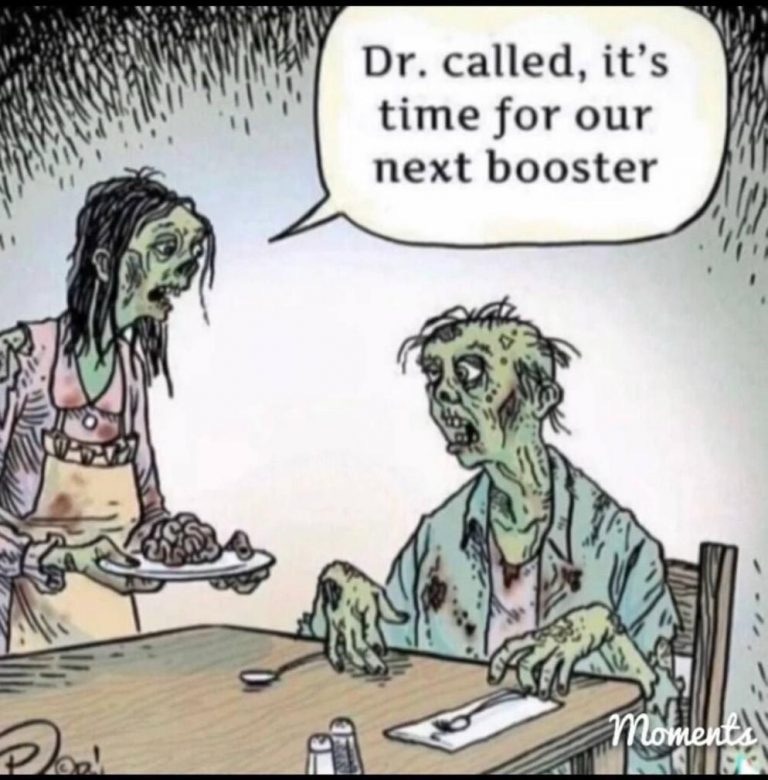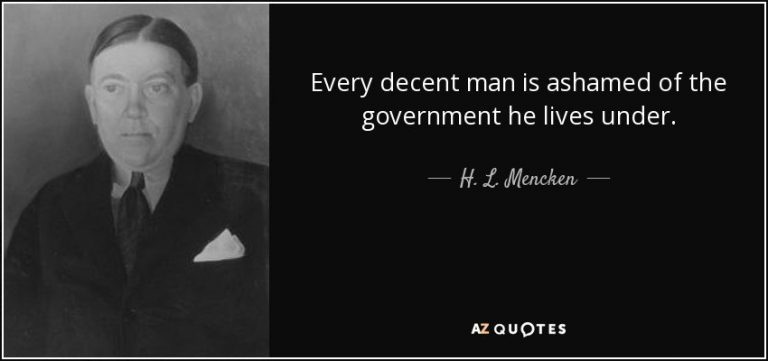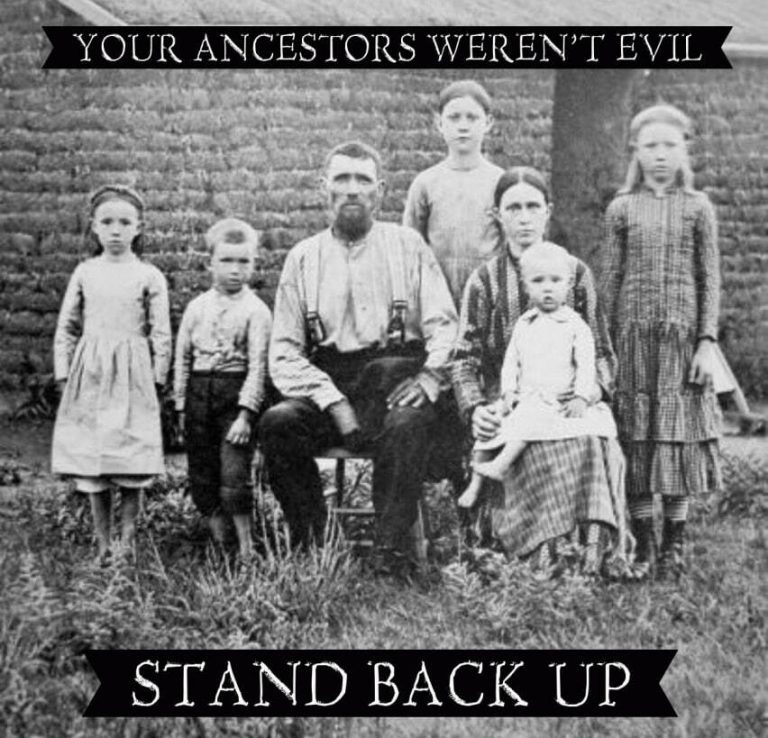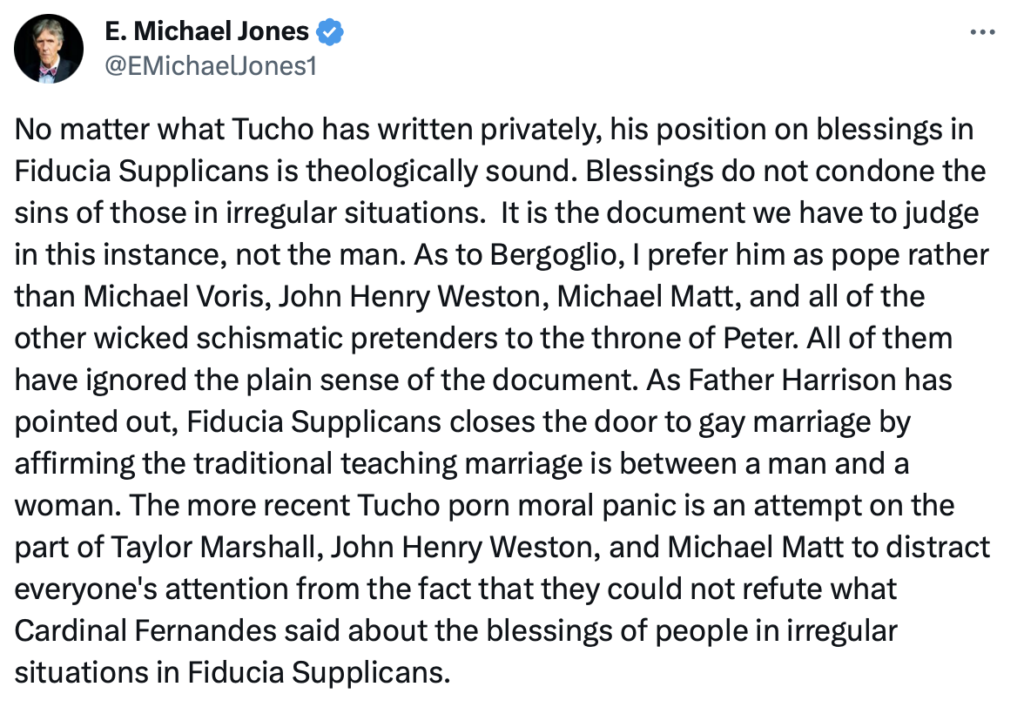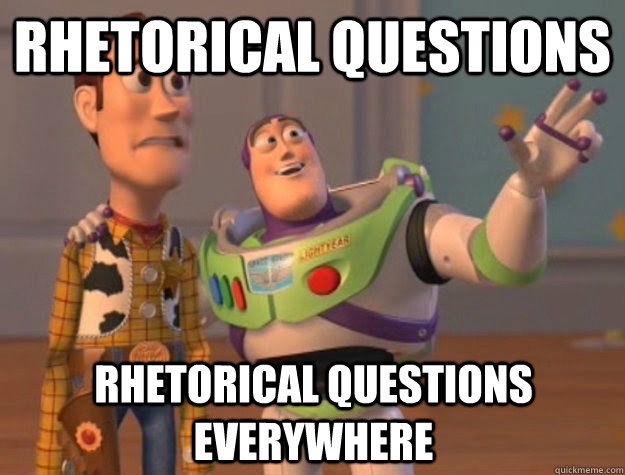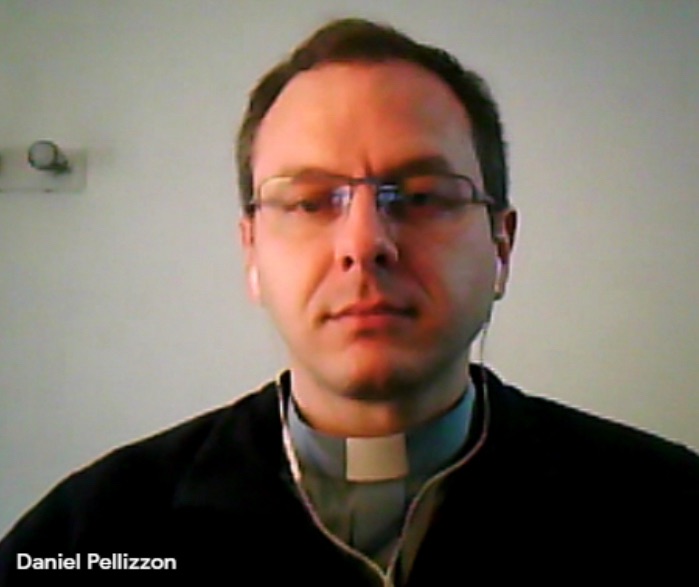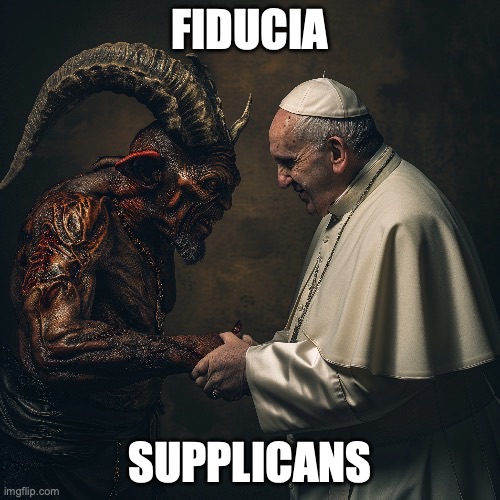
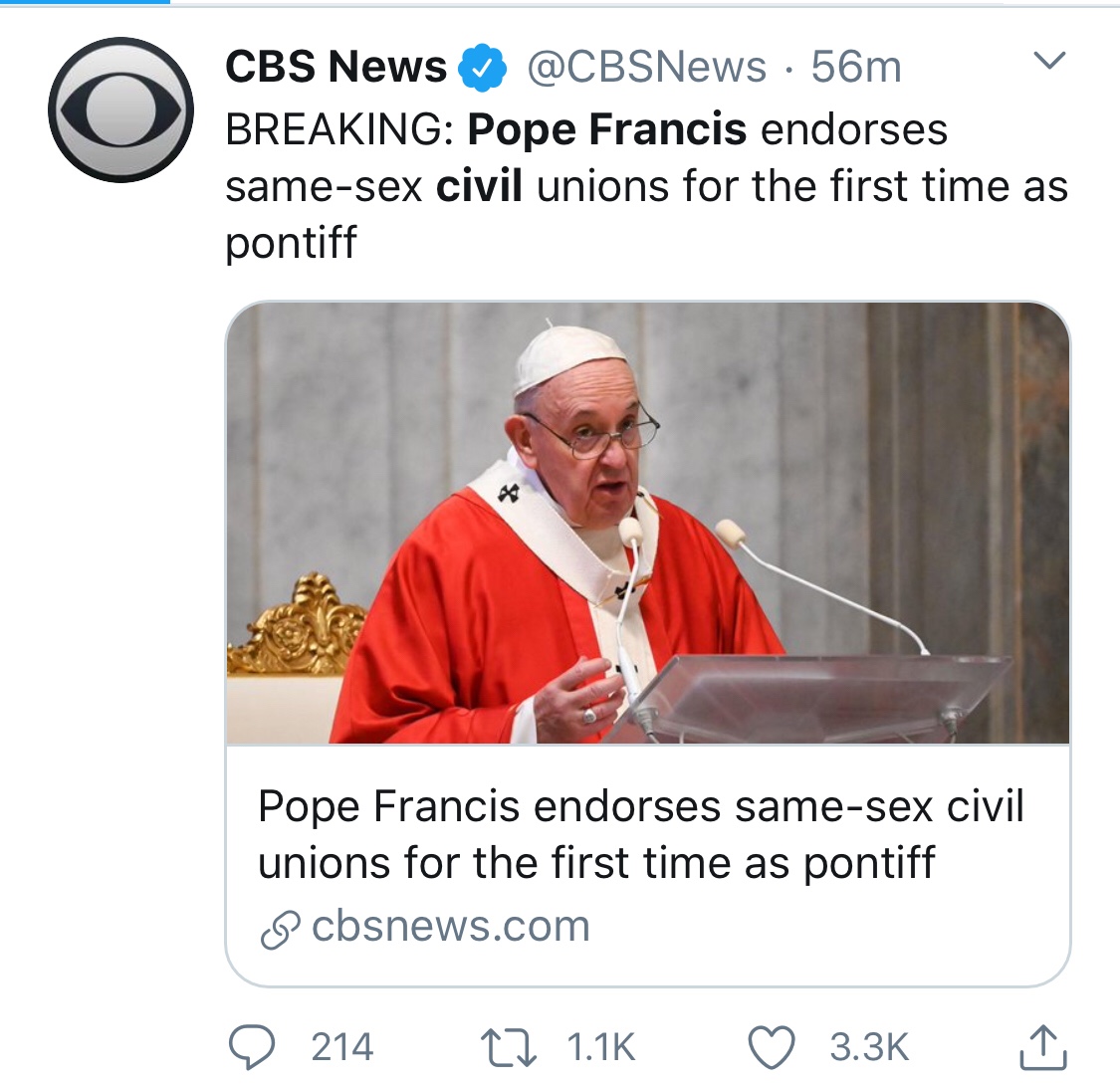
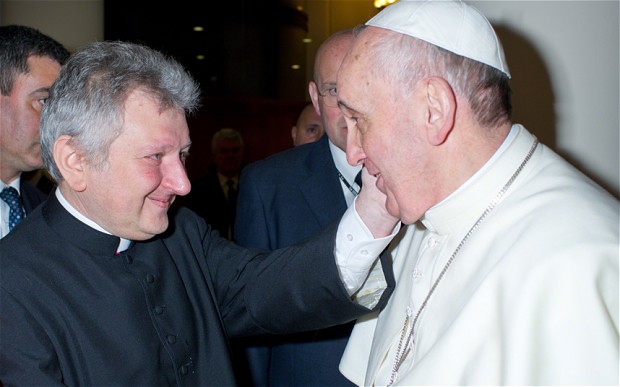
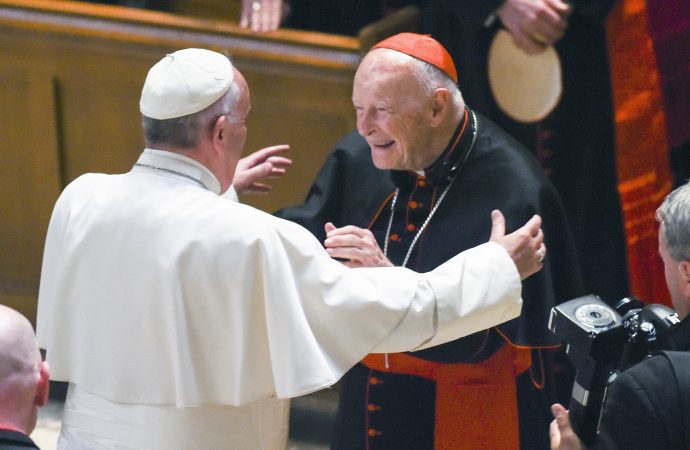
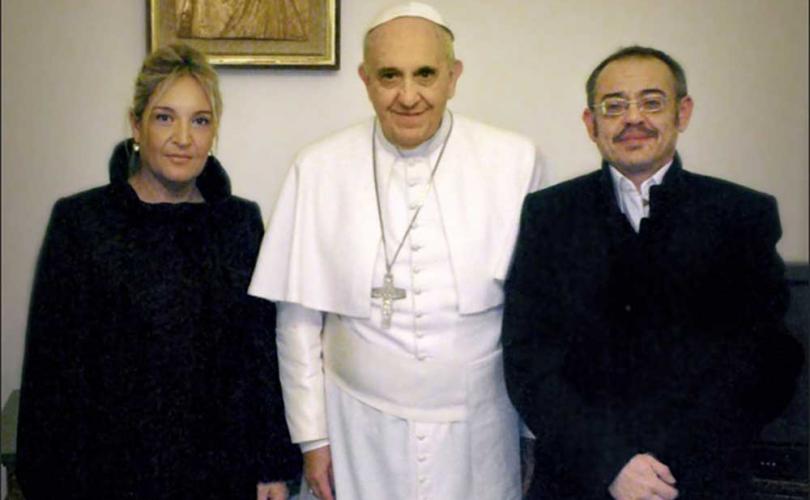
The person on the far right, with a mustache, is a woman who has mutilated her body with surgeries and hormones in order to masquerade as a male. The woman on the far left masquerades as the woman’s “wife”.
I get variants on this question quite a lot.
Q: What do the sodomites want? What is their endgame? They already have their “faux-marriage”, they are clearly a de facto protected “victim class”. They carry on openly with not only no pushback or protest, but are actively praised for their depravity. What is their endgame?
A: They want nothing less than the entire world to declare that GOD IS WRONG, AND THEY ARE RIGHT. And if God is “wrong” then God is not God, and the sodomites are actually superior to God, and have been victims of an inferior being all this time.
I would point out a fascinating bit of exegesis regarding the events of Genesis Chapter 19 – Sodom and Gomorrah.
When the two angels had entered into Lot’s house, and “the men of the city beset the house both young and old, all the people together” (verse 4), the point of the gathering wasn’t primarily gang rape. Think about it. Sodom was a city of non-trivial size. That mob didn’t show up with the expectation of every man in the city being able to rape the two men lodging in Lot’s house. They were probably hoping for the two lodgers to be brought out, and perhaps instigating an orgy among them.
To see what their primary motive was, look at verse 9:
But they said: Get thee back thither. And again: Thou camest in, said they, as a stranger, was it to be a judge? therefore we will afflict thee more than them.
The mob of Sodom arrived at Lot’s house in order to demand that both Lot and his two guests RATIFY THE SODOMITES’ SEXUAL PERVERSION. They were there to demand ideological conformity, preferably by PARTICIPATION in perverse genital acts. Remember the 4-step progression of what evil demands: Toleration, Acceptance, Ratification, Participation.
Look at the words they use… WAS IT TO BE A JUDGE?
Plus ça change, plus c’est la même chose.
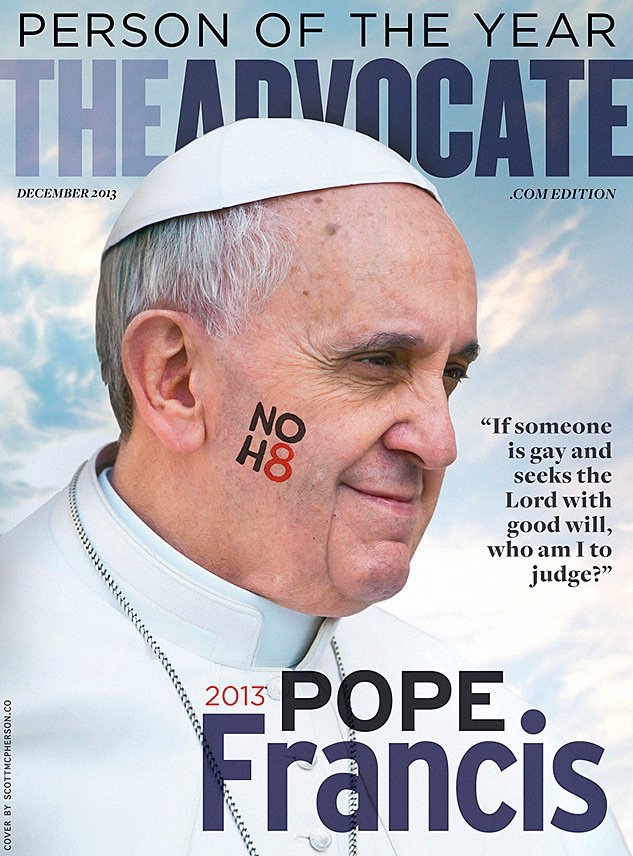
So, the objective of all sodomites, and especially of the vile wretches that have infiltrated The Church, and are now swiftly erecting their Antichurch with the objective of replacing the One Holy Catholic and Apostolic Church is, as I have said for years now, rooted in a hatred of God Himself.
They seek nothing less than demanding that all Catholics, and eventually all people, under the fraudulent obedience they so desperately want to convince the Church is due to the criminal Antipope Bergoglio, to cry out, “God is wrong and has been wrong all along, and you (the sodomites) are right, and have been right all along!”
In doing this, they think that they will be dethroning God, and enthroning “enlightened man”, and then eventually “the great illuminator” himself, satan.
Let no man deceive you by any means, for unless there come a revolt first, and the man of sin be revealed, the son of perdition, who opposeth, and is lifted up above all that is called God, or that is worshipped, so that he sitteth in the temple of God, shewing himself as if he were God.
2 Thessalonians 2: 3-4
